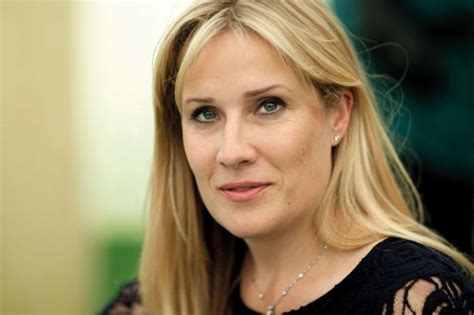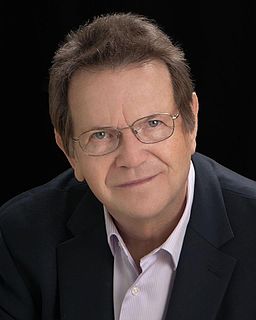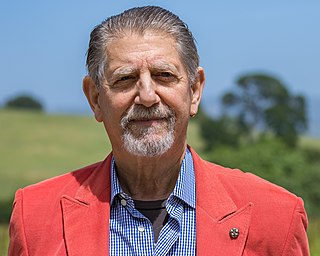A Quote by Sarah Churchwell
History resembles a guest list in that sense of the invited and the gatecrashers: the people for whom we have been waiting, and those whose presence takes us unawares.
Related Quotes
Now it is not everybody, even amongst our respected friends and esteemed acquaintance, whom we like to have near us, whom we like to watch us, to wait on us, to approach us with the proximity of a nurse to a patient. It is not every friend whose eye is a light in a sickroom, whose presence is there a solace.
All of us need an identity which unites us with our neighbours, our countrymen, those people who are subject to the same rules and the same laws as us, those people with whom we might one day have to fight side by side to protect our inheritance, those people with whom we will suffer when attacked, those people whose destinies are in some way tied up with our own.
There is a deep sense in which we are all ghost towns. We are all haunted by the memory of those we love, those with whom we feel we have unfinished business. While they may no longer be with us, a faint aroma of their presence remains, a presence that haunts us until we make our peace with them and let them go. The problem, however, is that we tend to spend a great deal of energy in attempting to avoid the truth. We construct an image of ourselves that seeks to shield us from a confrontation with our ghosts. Hence we often encounter them only late at night, in the corridors of our dreams.
Armed struggle is a necessary and morally correct form of resistance in the Six Counties against a government whose presence is rejected by the vast majority of the Irish people There are those who tell us that the British government will not be moved by armed struggle. As has been said before, the history of Ireland and of British colonial involvement throughout the world tells us that they will not be moved by anything else.
My take is that there's two ways to approach history. You sit in your armchair and you watch it on the news and you return to your PlayStation. Or you get out in the streets and you make it. Like, when those Supreme Court justices, you know, legalize desegregation, it wasn't due to their infinite wisdom. It's because people whose names you do not read about in history books, people whose faces you will never see, were the ones who struggled and sacrificed, sometimes gave their lives, to make this country a more equal one. When, it's like those people don't make history, it's us.
Throughout our history, there has been a long list of those we've been conditioned to hate. The British, French, Spanish, Germans, Japanese, Russians, Communists, Northern Koreans, Vietnamese, Iranians, Taliban, and both northerners and southerners in America are some of the people we've been encouraged at various times to call enemies and to hate. The list is long, and as time passes, those we were assigned to hate we later were told should be removed from our hate list. The enemy is obviously hatred itself. Have empathy for your assigned enemy.
Before prayer, endeavour to realise Whose Presence you are approaching and to Whom you are about to speak, keeping in mind Whom you are addressing. If our lives were a thousand times as long as they are we should never fully understand how we ought to behave towards God, before Whom the very Angels tremble, Who can do all He wills, and with Whom to wish is to accomplish.
The true makes of history are the spiritual men whom the world knew not, the unregarded agents of the creative action of the Spirit. The supreme instance of this-the key to the Christian understanding of history-is to be found in the Incarnation- the presence of the maker of the world in the world unknown to the world. ... The Incarnation is itself in a sense the divine fruit of history-of the fullness of time-and it finds its extension and completion in the historic life of the Church.
A photograph is both a pseudo-presence and a token of absence. Like a wood fire in a room, photographs-especially those of people, of distant landscapes and faraway cities, of the vanished past-are incitements to reverie. The sense of the unattainable that can be evoked by photographs feeds directly into the erotic
feelings of those for whom desirability is enhanced by distance.




































